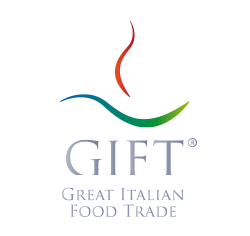Pet food marketing is nowadays focused on the ‘free-from’ concept, amid others. ‘GMO-free’ claims are dominating the scene. Some reflections on the issue.
Pet food marketing follows the pattern of ‘humanizing’ expectations of consumers’ safety and wellness, by means of a proper nutrition. And the use of free-from claims leads to a real competitive advantage, even on this sector (as well as in the food one).
The GMO-free claim seems to be on top of mind among European consumers, when seeking the right pet food for their four legged companions. Since consumers in the old continent are generally dubious about the safety and quality of GMO’s – either on foods and pet food – thus preferring to avoid them.
On this premise, it seems useful to clarify what ‘GMO free’ means, and which responsibilities are implied in the relevant claim.
Every claim made on foods and pet food must be substantiated and shall not confuse or mislead purchasers, by attributing to the product effects or characteristics that it does not possess or by suggesting that it possesses special characteristics when in fact all similar goods have such characteristics.
Under the European GMO’s legislation (1) pet food ingredients are required to be non-GMO, unless otherwise stated. Pre-packaged products consisting of, or containing GMOs, shall be labelled with a wording like ‘This product contains genetically modified organisms’ or ‘This product contains genetically modified organism’. To be followed by the name of the GM organism.
Tolerances in case of adventitious, accidental, non intentional or technically unavoidable GMO contamination have been established (0.9%). Their application provides that the responsible operator can supply evidence to the competent authorities that every appropriate measure has been taken, in order to avoid the presence of GMO’s.
A negative PCR analysis, on the other hand, does not automatically demonstrate that the product is GMO-free. Whereas full traceability on GM-sensitive materials (e.g. soya, corn, maize) is recommended. Identity Preserved sources are the key to prevent compliance risks.
Paola Cane and Dario Dongo
Notes
(1) See Reg. EC 1829/03, 1830/03





